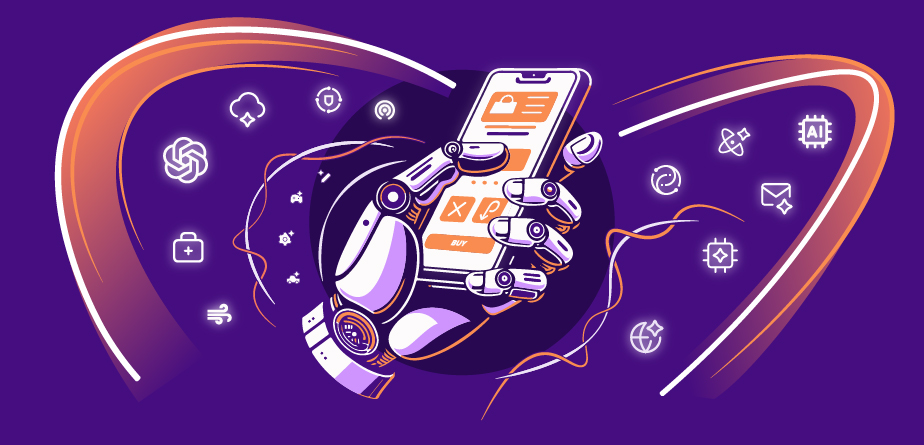The rise of artificial intelligence (AI) has sparked a revolution in the gaming world, ushering in a new era of interactive, immersive, and ever-changing experiences. While AI has been part of gaming since its early days, its role has evolved significantly. With its ability to reshape all aspects of game creation and play, AI is pushing the boundaries of what’s achievable in this realm.
It’s not just about smarter NPCs or challenging gameplay. AI is expected to completely change gaming experiences, providing developers with powerful tools to create more immersive, personalized, and dynamic experiences for players.
It’s not just about smarter NPCs or challenging gameplay. AI is expected to completely change gaming experiences, providing developers with powerful tools to create more immersive, personalized, and dynamic experiences for players. This article will look at some of the main ways AI will affect the video game world in 2024. Let’s dive deeper into it!
The Game Industry’s Evolution: How AI is Shaping the Future
- Behavioral Analysis.
- Machine Learning Models.
- Data Analysis.
- Anti-Cheat Systems.
- Anomaly Detection.
First things first, let’s talk about customers. After all, it’s all about the player experience, isn’t it? The more immersive a game is, the more engaging the plot, and the more lifelike the characters, the more likely players are to enjoy the game and want to stick around for longer. AI opens up absolutely new possibilities for gaming studios to provide players with more realistic and captivating experiences. Here are a few upcoming changes that are going to appear (and are already being presented) in the game development industry.
AI Upscaling and Image Enhancements
One great way AI helps in gaming is by making graphics better through “AI Upscaling.” Basically, this tech takes a picture that’s not so clear and makes it clearer. It’s not just about making old games look nicer, but it also lets players with older gadgets enjoy really good graphics.
NVIDIA’s DLSS tech is a great example of AI helping with pictures. NVIDIA uses AI to make games like “Cyberpunk 2077”, “Spider-Man” or “Alan Wake 2” look sharper and run smoother, even if your computer isn’t super modern.
AI upscaling technology enables game developers to enhance the visual quality of game assets, such as textures and graphics, while maintaining game playability.
A good example is Cyberpunk 2077. It was one of the first games where NVIDIA added path tracing, making it stand out. This feature enhances how scenes are rendered by adding detailed shadows and light effects, making the visuals look more real and vibrant. Path tracing initially caused a drop in frame rate, making the game hard to play. But with the help of AI-based DLSS 3.5 technology, frame rates could be boosted up to more than 60 frames per second, which made the game smoother and playable.

Player Experience Modeling
PEM, or Player Experience Modeling, is a big deal in gaming right now. It uses math to figure out what players will like or not like in a game. AI in PEM looks at how good players are and how they’re feeling to change the game to fit them better. Depending on how skilled players are, AI can make the game harder or easier as they play, making it more fun and personalized for them.
Games like PUBG already rely on AI to check players’ behaviors and stop cheating. Its anti-cheat system catches and stops users trying to play the game using a virtual machine. Those who try to get around it might get banned in the end.
How Does AI Power Gaming Marketing?
Using AI to analyze data, gaming studios can build detailed profiles of their players. This goes beyond just basic info like age and location. AI looks at what players have done in the past, what they like, and even how they feel about things. This helps marketers send out content, deals, and suggestions that are just right for each gamer. AI doesn’t just make marketing better — it helps build stronger relationships with customers. Here’s how AI can help personalize gaming experiences through marketing:


